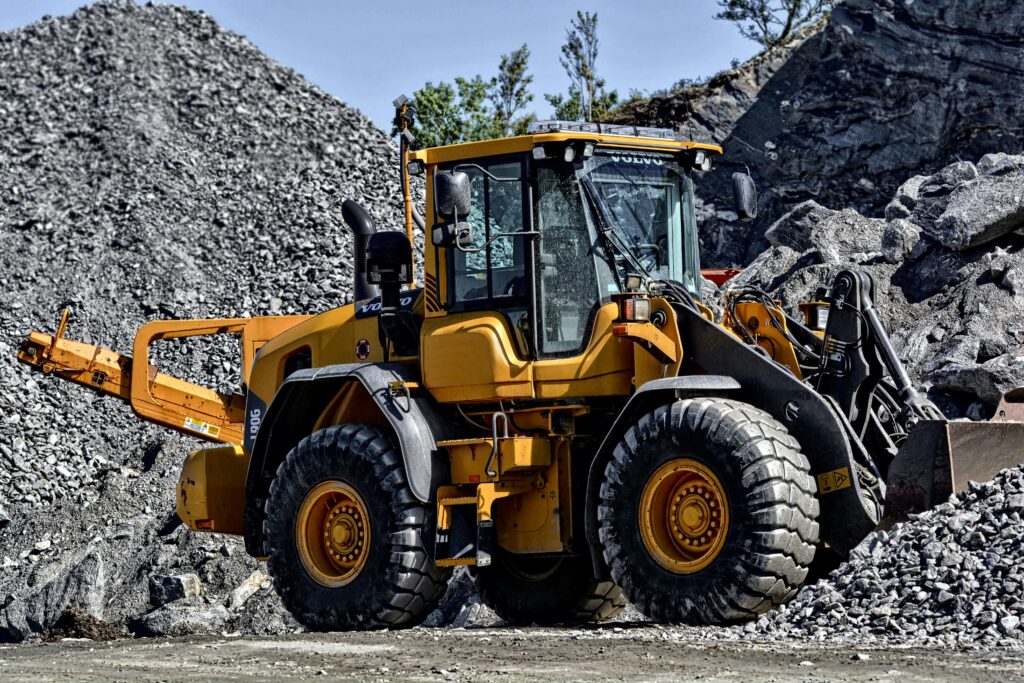Key Takeaway Table
| Key Point | Description |
|---|---|
|
Definition
|
Equipment financing is a range of financial products that enable businesses to access essential plant & equipment. With equipment financing, businesses can get any equipment, from computers to heavy machinery, without paying upfront.
|
|
Benefits of Equipment Financing
|
Equipment financing offers several benefits for businesses. It provides immediate access to necessary equipment that can improve capability and efficiency. Equipment finance is available to start-up businesses, allowing small businesses to acquire assets without depleting their funds. Financing also preserves working capital for daily expenses and can bring tax benefits.
|
|
Equipment Finance Options
|
A popular option among businesses is a chattel mortgage, where the buyer is considered the owner of the equipment at the time of purchase- this works like a secured loan. Borrowers can also opt for lease finance, which allows them to purchase the equipment at the end of the term, or an operating lease, and there are also rent-to-own equipment finance options.
|
|
Key Considerations Before Applying for Equipment Finance
|
It's crucial for businesses to consider the purpose of the equipment, its total cost, and its expected lifespan and viability. Businesses must also review the different types of financing and their terms and conditions to find the ones most favourable for them.
|
Nearly all businesses will need some type of equipment to operate, which can be anything from computers to large freight vehicles. No matter how many or what type of equipment you need, securing funding can be a challenge. With equipment financing, you can get the funds you need so you can immediately have access to equipment and begin business operations.
What is Equipment Finance?
Equipment finance refers to a range of financial products designed to help businesses acquire the equipment they need to operate without needing to pay upfront in full. This type of financing is used to purchase or lease various types of equipment, such as machinery, vehicles, technology, and other assets.
Benefits of Equipment Financing
- Financing Can Help You Get Access to Equipment Immediately.
- If you plan to pay for equipment without financing, it may take time for you to get the funds you need, which can hamper your business operations. With equipment finance, you can access the equipment you need right away without shelling out a large sum to pay in full.
- Equipment Finance is Start-up Friendly.
- For startups or small businesses with limited capital, equipment financing can be a great way to acquire necessary assets without depleting resources or taking on excessive debt.
- Equipment Finance Helps Preserve Capital.
- You can preserve working capital for pressing daily expenses and other areas of operations rather than tying it up in equipment purchases.
- You Can Get Access to Latest Equipment.
- Leasing options enable businesses to upgrade to the latest equipment more frequently, which is particularly beneficial for rapidly evolving industries.
- You Can Enjoy Tax Benefits.
- Depending on the finance option chosen, businesses might be able to claim tax deductions. Specific benefits depend on local tax laws and the structure of the finance product.
Equipment Finance Options
Businesses looking for equipment finance options have a variety of choices to consider, catering to different needs and preferences. Here are some common types of equipment finance available:
- Chattel Mortgage: This is a popular option where the borrower takes ownership of the equipment at the time of purchase. The equipment itself serves as collateral for the loan.
- Finance Lease: In this arrangement, the lender owns the equipment and rents it to the business for a fixed period. At the end of the lease term, the business may have the option to purchase the equipment, extend the lease, or return the equipment. This option allows businesses to use the latest equipment without the upfront cost of purchasing.
- Operating Lease: Similar to a finance lease, but typically for a shorter term. The business does not have the option to purchase the equipment at the end of the lease. This option is suitable for equipment that may become obsolete quickly, as it allows businesses to upgrade to newer technology more frequently.
- Hire Purchase: The business hires the equipment from the lender and makes regular payments with the intention to purchase the equipment at the end of the agreement. The business becomes the owner of the equipment upon making the final payment. This option often includes a balloon payment at the end of the term to reduce monthly payments.
Navigating the Application Process for Unsecured Business Loans
Before applying for equipment finance, it’s crucial to thoroughly assess your business needs and financial health. This preparation can help you make an informed decision and choose the best financing option for your business. Here are some essential questions to ask yourself:
- What is the purpose of the equipment?
- Assess how the equipment will be used in your operations. Is it essential for your business, or can the purchase be delayed? Understanding the equipment’s role can help you justify the financing cost.
- How will the equipment benefit my business?
- Consider the potential return on investment. Will the equipment increase efficiency, reduce costs, or open up new revenue streams? It’s important that the benefits outweigh the costs of financing.
- What is the total cost of ownership?
- Beyond the purchase price, consider maintenance, operation, insurance, and any other ongoing costs. Evaluating the total cost of ownership will give you a clearer picture of how much the equipment truly costs overall.
- What financing options are available?
- Explore the different types of equipment finance available. Each has its advantages and disadvantages, depending on your situation. If you’re unsure, you can always turn to loan experts to help you make an informed decision.
- What are the terms and conditions of the financing?
- Carefully review the interest rates, repayment terms, down payments, and any fees or penalties for early repayment. These factors will affect your overall cost.
- Can my business afford the repayments?
- Analyse your current cash flow and forecasts to ensure you can comfortably meet the repayments. Consider how seasonal fluctuations in revenue might affect your ability to repay.
- What is the expected lifespan of the equipment?
- Determine how long the equipment is expected to last and how quickly it might become obsolete. This can influence whether you choose to lease or buy, as well as the length of the financing term.
- Is there a possibility of needing to upgrade or replace the equipment?
- If you anticipate needing to upgrade due to technological advancements or changing business needs, leasing might offer more flexibility than purchasing.
Get the Equipment You Need for Your Business
With equipment financing, you can start business operations right away without paying a large sum upfront. You can get both brand-new and secondhand assets from a variety of lenders.
We can help you go through your choices and match the right financing to your unique business needs.









